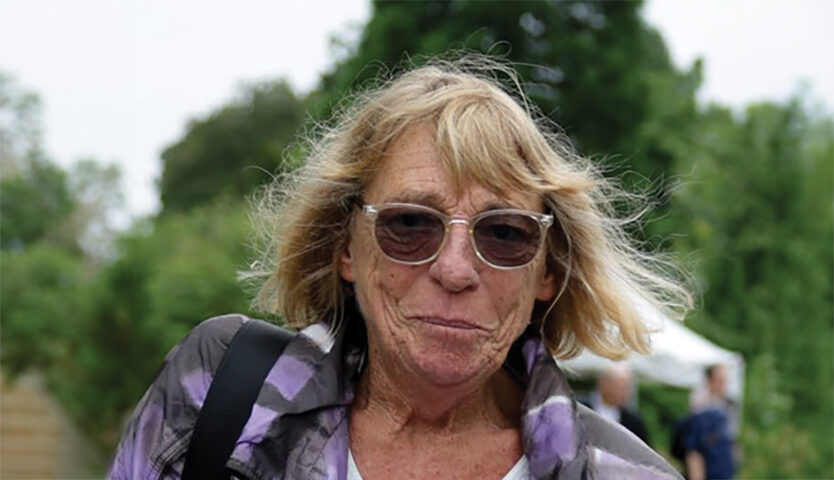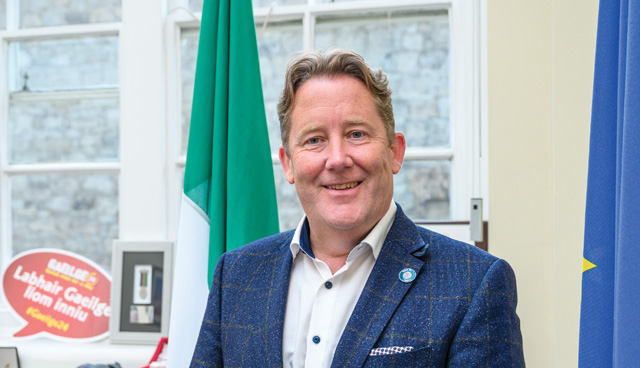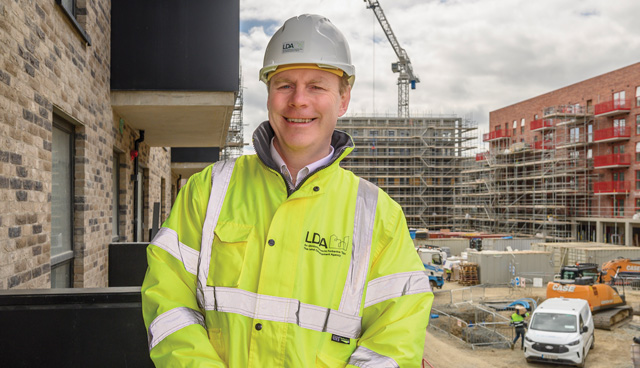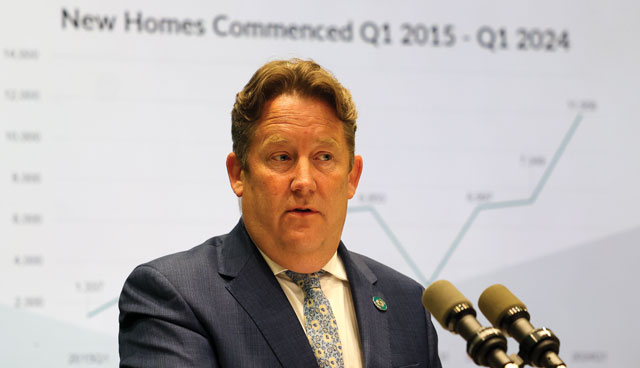
Minister Darragh O’Brien TD: ‘Housing revival well underway’
29th April 2024
Government to consider major RPZ reform
3rd July 2024Making inclusive housing policy a reality

Fully implementing the National Housing Strategy for Disabled People will build a more equal Ireland, writes Jacqui Browne, Chair of the Disabled Person’s Organisation (DPO) Network.
Nearly 22 per cent of the population of Ireland is disabled. Thousands of disabled people cannot access appropriate housing in Ireland. The right to live independently is not equally available in Ireland, despite the State’s ratification of the UN Convention on the Rights of Persons with Disabilities (UNCRPD) in 2018. Central to the UNCRPD are principles that include “respect for inherent dignity, individual autonomy including the freedom to make one’s own choices, and independence of persons” and “full and effective participation and inclusion in society”.
At the core of those principles are disabled people having choice and control over who they live with and where they live which are the core values of independent living. When disabled people talk about independent living, it is not merely defined by living alone. Independent living is about having the supports to live in your community, and part of that requires ensuring housing that is built meets our needs.
There are thousands of disabled people who cannot leave their family home, hospitals, nursing homes, or other congregated settings due to a lack of suitable housing, as well as a lack of access to personal assistance, assistive technologies, or other supports where required.
Disabled peoples’ choices are also limited by the long housing waiting lists, the lack of access to transport, local services, facilities and financial issues including poverty, or the risk of losing benefits by living with a partner.
Research carried out by DPO Network members found that 69 per cent of members surveyed reported living with their families, 16 per cent were living alone, 11 per cent were living with friends, housemates, or partners, and 1 per cent of members were living in residential settings. Over one-third of participants (34 per cent) felt unable to choose where to live and who to live with.
We all know that Ireland is currently in the midst of a housing crisis; however, for disabled people housing has always been a crisis for us. Housing choices for most disabled people in Ireland is severely limited due to our accommodation needs. Disabled people are more than twice as likely to report discrimination relating to housing and are over 1.6 times more likely to live in poor conditions, such as living in damp housing, with poor heating or living in an area with neighbourhood problems. Disabled People are also particularly over-represented in the homeless population: more than one-in-four homeless people are disabled.
The launch of the implementation plan for the National Housing Strategy for Disabled People was a significant event in 2024, but what we need now is political leadership for the design of local disability housing plans with transparent targets.
In order to be compliant with the UNCRPD, local disabled persons organisations must be supported and resourced so that we can ensure local housing targets are set and measured at housing disability steering groups (HDSGs).
We need political leadership from the Department of Housing, Local Government and Heritage, The Housing Agency, local authorities and approved housing bodies (AHBs) to work with DPOs locally and nationally to set clear guidance on how HDSGs will operate, set targets and report to housing strategic policy committees (SPCs) and the Department.
We need ambitious costed targets to deliver accessible housing to meet our needs, and through our DPOs (local and national) we need to be at the table when those decisions are being discussed and agreed about our lives. Planning for and building housing that meets our needs must have our participation: let’s put the international disability rights maxim – nothing about us without us – into practice together.
For more information contact:
Jacqui Browne
Chair, DPO Network
www.dponetwork.ie






